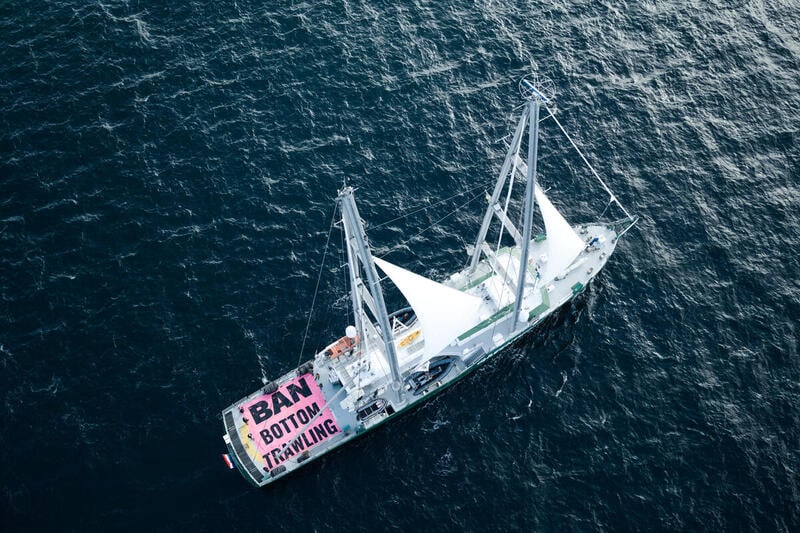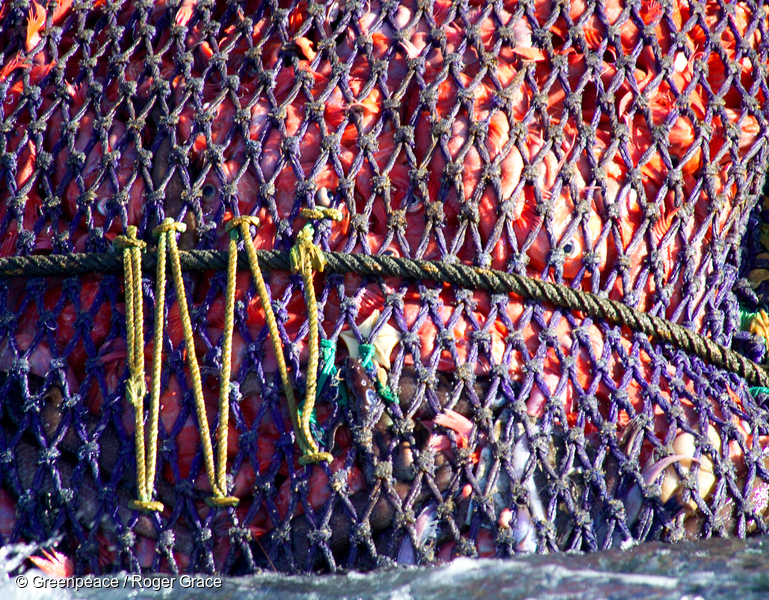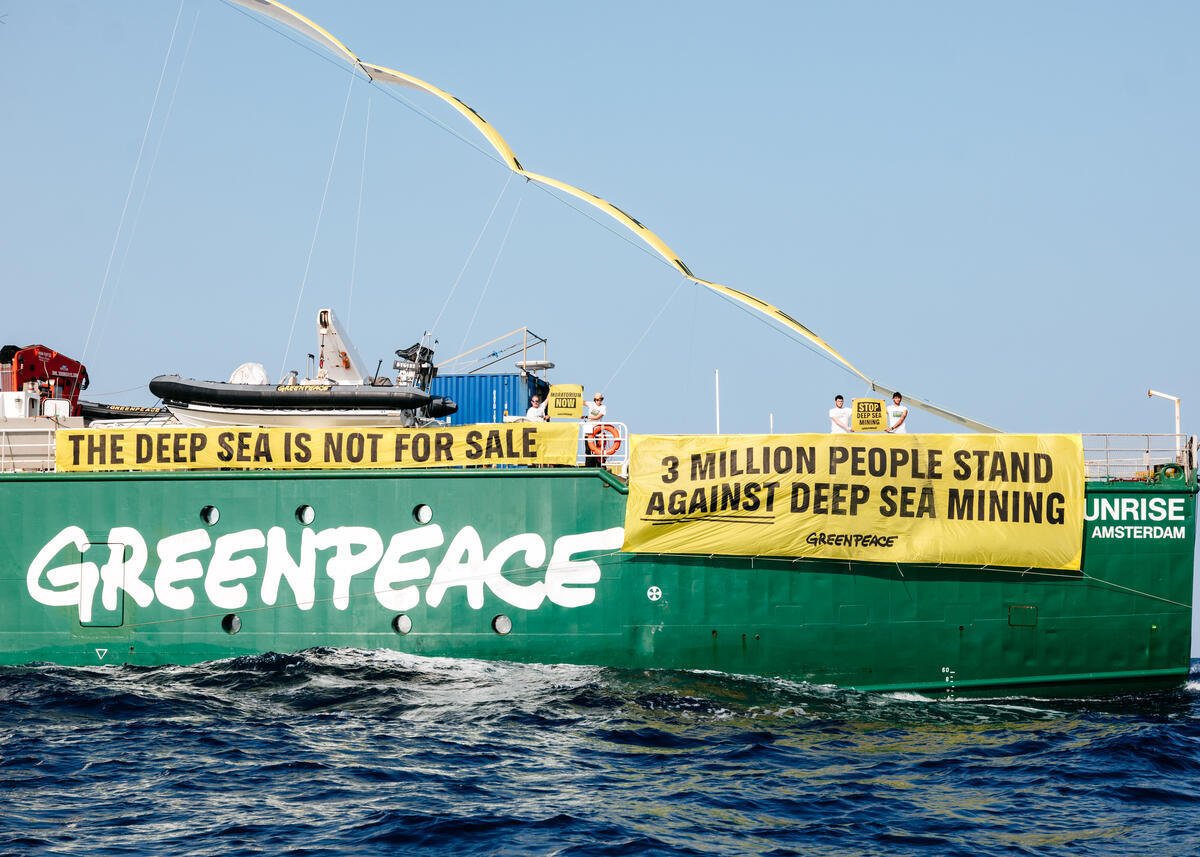A new Greenpeace investigation has exposed the environmental risks of the fast-growing krill industry in one of the most pristine parts of the Antarctic Ocean.
The krill fishing industry removes a vital species from the Antarctic food web – tiny shrimp-like krill – eaten by blue whales, penguins, seals and other wildlife.
Industrial trawling for krill is being driven by demand for products such as Omega-3 tablets, fishmeal for farmed fish and pet food.
In New Zealand, there is a growing market of nutritional health supplements estimated to be worth $255 million. Krill oil has been identified as a “growth star” by the NZ seafood industry.
“Krill health supplements are being marketed to Kiwis when we have alternatives which don’t involve taking away the food sources of whales, penguins and other animals,” says Greenpeace Oceans Campaigner Emily Hunter.
“Retailers shouldn’t be buying Antarctic krill from pristine ecosystems. The story of the krill industry is a murky one of vessels fishing from the bottom of the food chain near the feeding grounds of whales, penguins and other animals. They’re waging a tug-of-war for food.”
For five years Greenpeace has been tracking the movements of krill trawlers. Despite the industry presenting itself as one of the best managed fisheries in the world, Greenpeace’s new report, Licence to Krill: the little-known world of Antarctic fishing, paints a different picture.
The report reveals:
- Intensive fishing taking place in the immediate vicinity of feeding grounds of Antarctic wildlife such as whales and penguins.
- Tracking data suggests vessels have anchored close to specially protected areas, despite the potential impact on wildlife and the seafloor.
- Activities suggesting risky fishing practices such as transhipment (transfer of catch) to huge reefers with long lists of previous infringements, such as poor safety records and low standards in pollution prevention from both sewage and oil.
Transhipment globally has often been linked to environmental and labour rights abuses due to the lack of transparency it affords.
Much of the krill fishing industry is centred on the Weddell Sea, an area being considered for the world’s biggest ocean sanctuary.
New Zealand is one of 24 countries in the Antarctic Ocean Commission (CCAMLR) deciding on the proposal in October.
Meanwhile Greenpeace is calling on the krill fishing industry to immediately cease all fishing activities in these waters and for all businesses buying krill-derived products to stop sourcing from vessels that continue to fish in these same areas.
The report comes during a three-month Greenpeace expedition to the Antarctic. The expedition has undertaken landmark scientific research as part of a campaign to create a network of ocean sanctuaries covering at least 30% of the world’s oceans by 2030.



